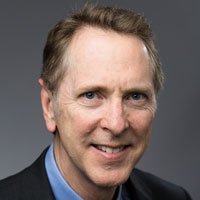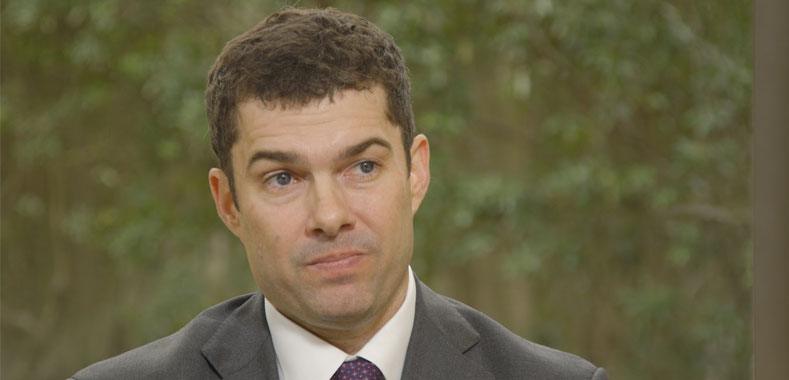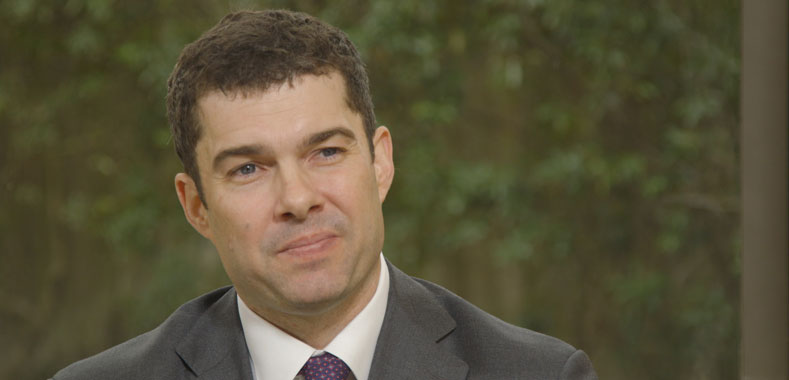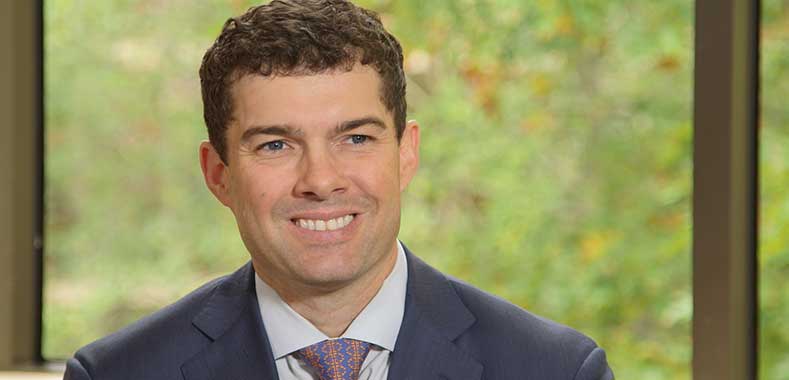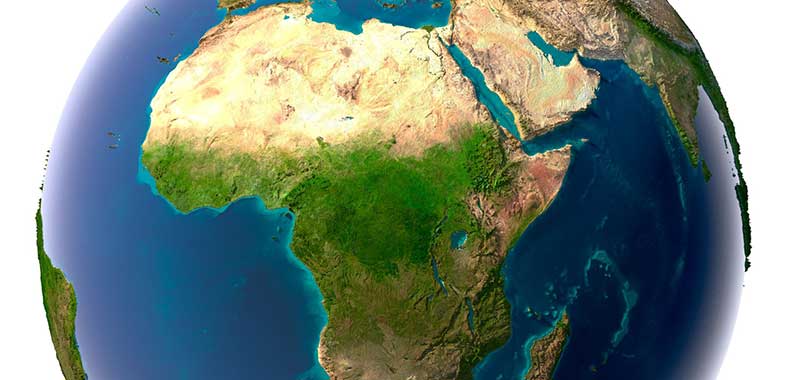The Ways Africa’s Electricity Shortage Amps Up Returns
Why Denham Capital has more power deals in Africa than any other region
Perception often trumps reality. In Africa, for instance, investors often perceive a high level of risk. But the reality is different in many markets—like in electric power.
In fact, Moody’s reports that the rate of default in power-financing projects in Africa during the past 30 years is around 3 percent. In the U.S. it’s about 9 percent.
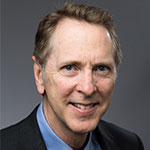
“In Africa you have this confluence of being able to provide something there is not enough of—electricity—at a lower cost than people can otherwise get it,” says Scott Mackin, managing partner at Denham Capital and head of the firm’s power division. “This means you can get protections back that you wouldn’t get in other economies. For example, you get financial institutions that help out not just the funding of your project but also its overall viability. So you can do well by doing good. You can make money by providing something people need and would otherwise have to pay more money for.”
Denham focuses on independent power production, particularly renewable power. It has three portfolio deals in Africa. It has South Africa’s BioTherm Energy, which built some of Africa’s first utility-scale wind and solar projects and will soon break ground on 275 megawatts more wind and solar capacity. It has Endeavour Energy, a developer, owner, and operator of thermal and hydropower facilities across Africa that recently began construction of a 200-megawatt combined-cycle gas turbine plant in Ghana. And it has GreenWish Partners, which is building a renewable-energy asset portfolio across sub-Saharan Africa to provide capacity of 600 megawatts by 2020.
“There is an electricity gap in sub-Saharan Africa right now,” Mackin says. “There are 700 million people without access to electricity. And that lack of electricity is holding back the growth of the middle class more than anything.”
It’s this electricity gap that attracted Denham to the continent. The firm is not an Africa-only investor—it searches for opportunities globally, looking for regions where it can execute on its playbook of producing clean power that undercuts the cost of electricity sources otherwise available.
The demand for electricity is so urgent in Africa that there are many projects that need to get done. Mackin says his firm just needs to participate in a fraction of those deals to provide a meaningful return to investors.
And whereas in the developed world renewable projects usually require government subsidies, in Africa it’s the exact opposite. “We can provide wind, solar and small hydro projects that tremendously undercut the price of power people would otherwise have, like diesel,” Mackin says. “Wind and solar prices have fallen so dramatically that it turns the market on its head, from needing to have subsidies to being well on the other side of that.”
Equally attractive: Denham gets long-dated power-purchasing agreements, mostly in hard currency, making the deals very sought after by strategic and other investors because they offer sustainable and repeatable EBITDA.
On the risk side, Mackin says the firm must be discerning in the projects it engages in. It must make sure it can get them to financial close in a time frame that’s meaningful for fund investors. But the level of activity in Africa now guarantees that there is enough management experience on the ground to get projects over the goal line.
“We invest globally but we see Africa as very meaningful to us,” notes Mackin. “We have more power deals in Africa than any other region.”
Denham Capital has more power deals in Africa than any other region. A managing partner explains why.
